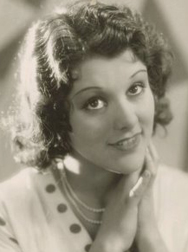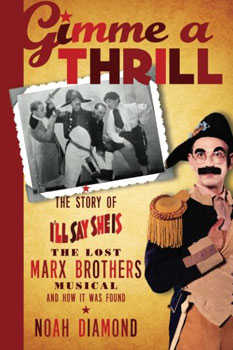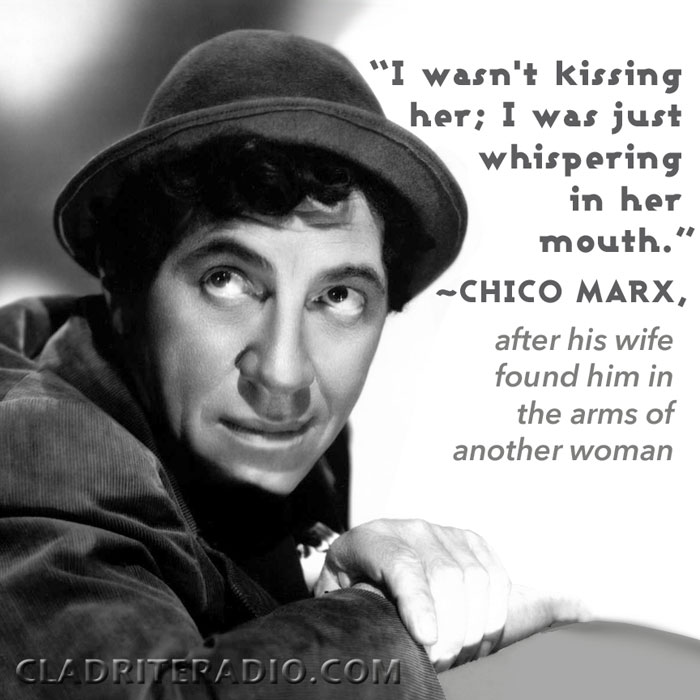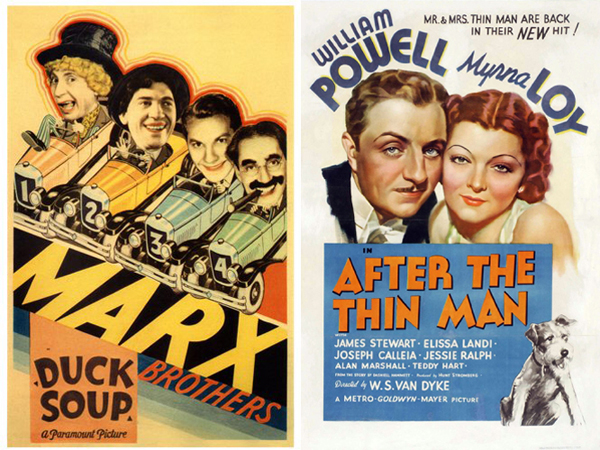 In 1974, big news was made when prolonged legal wrangling over the rights to the Marx Brothers‘ second movie, Animal Crackers (1930), was finally resolved and the movie was released for public screenings for the first time for the first time in many years.
In 1974, big news was made when prolonged legal wrangling over the rights to the Marx Brothers‘ second movie, Animal Crackers (1930), was finally resolved and the movie was released for public screenings for the first time for the first time in many years.
Imagine that: A “new” Marx Brothers movie (new in the fact that no one had been able to view it, in a theatre or on television, for so long—and of course, there were no VHS tapes yet, much less DVDs or Blu-Rays).
It was our junior year in high school, and we were working part-time evenings and weekends at the Northpark Cinema 4 in Oklahoma City. Already very devoted to all things Marx Brothers, we were thrilled when Animal Crackers was booked there. The movie settled in for an inexplicably long run (our memory might be playing tricks on us, but we recall it being there for a month or more), and we spent many an hour on those slow weekend afternoons soaking up the Marxian magic when we should have been out front taking tickets and sweeping up spilled popcorn. (To this day, we have the dialogue from that picture all but memorized.)
But it wasn’t just Groucho, Harpo, Chico, and Zeppo who held our attention. The winsome Ms. Lillian Roth, who played the ingénue in Animal Crackers and whose 107th birthday it is today, hooked us but good with her flirtatious ways and deep-dish dimples.
We’ve had a crush on her ever since, and we trust that, after watching the following clips, you will, too. Happy birthday, lovely Lillian Roth, wherever you may be.
This post first saw the light of day on 12/13/2012.




